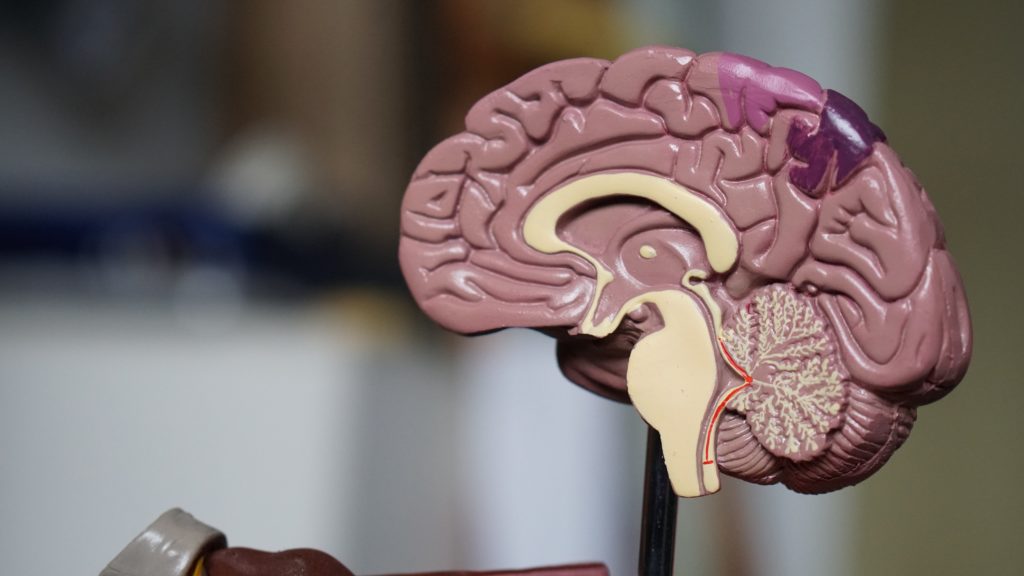Meth is a synthetically manufactured psychostimulant drug that’s regarded as one of the most addictive illicit substances in the country. It is available in crystal form and can be snorted, smoked, injected, or eaten.
According to the National Institute on Drug Abuse, nearly a million people aged 12 and older in the U.S. could be living with methamphetamine addiction. This is a significant portion of the population, especially when you consider how meth affects the body.
When you have a meth addiction it can end up affecting:
The brain
Meth increases the production of dopamine and serotonin, two neurotransmitters that affect mood, memory, and problem-solving. Flooding the brain with dopamine gives addicts the characteristic high but long-term overproduction destroys the cells that produce these neurotransmitters.
The result is an inevitable crash and the individual then seeks more of the drug, leading to a damaging cycle. Meth addiction also increases the risk of stroke and psychosis (hallucinations and paranoia) the longer the drug is used.
The heart
Being a stimulant, meth increases your heart rate and blood pressure and constricts your blood vessels. Over time, this stress on blood vessels can make them collapse, leading to heart palpitations, arrhythmia (irregular heartbeat), and even chronic blood pressure which increases the risk for heart disease.
The muscles
Whether mild or chronic, meth addiction can affect your muscles causing the characteristic twitching or tremors that meth addicts are known for. These muscle twitches are caused by gradual muscle damage and loss of control over muscles that occurs over time.
Your appearance
One defining characteristic of meth addicts is how different they look once the addiction takes hold. Preoccupation with getting high and avoiding serious withdrawal symptoms rarely leaves time for personal hygiene or proper nutrition and the effect will be most noticeable in your skin, teeth, and weight loss. Poor oral health often leads to a “meth mouth” characterized by tooth decay and cracked or missing teeth.
Other than poor nutrition, meth addiction also causes severe itching and a feeling that bugs are crawling under your skin, leading you to itch or pick at your skin which often results in open sores and scabs.
Treatment for Meth Addiction
Meth addiction can quickly take over your life and may be difficult to overcome. However, with the right addiction treatment and support, you can do it. If you or your loved one is struggling with addiction, reach out to Impact Outpatient Program.
We offer different addiction treatment programs at our outpatient treatment center in Kentucky. This includes our intensive outpatient program and the outpatient care program. Both of these programs have a telemedicine option where you can attend virtual therapy sessions if you can’t make it for in-person treatment. Our community-focused, evidence-based approach to drug and alcohol treatment has helped many of our clients rebuild their lives free from addiction. You can too. Get in touch with us today to find out more about our substance abuse treatment options.

